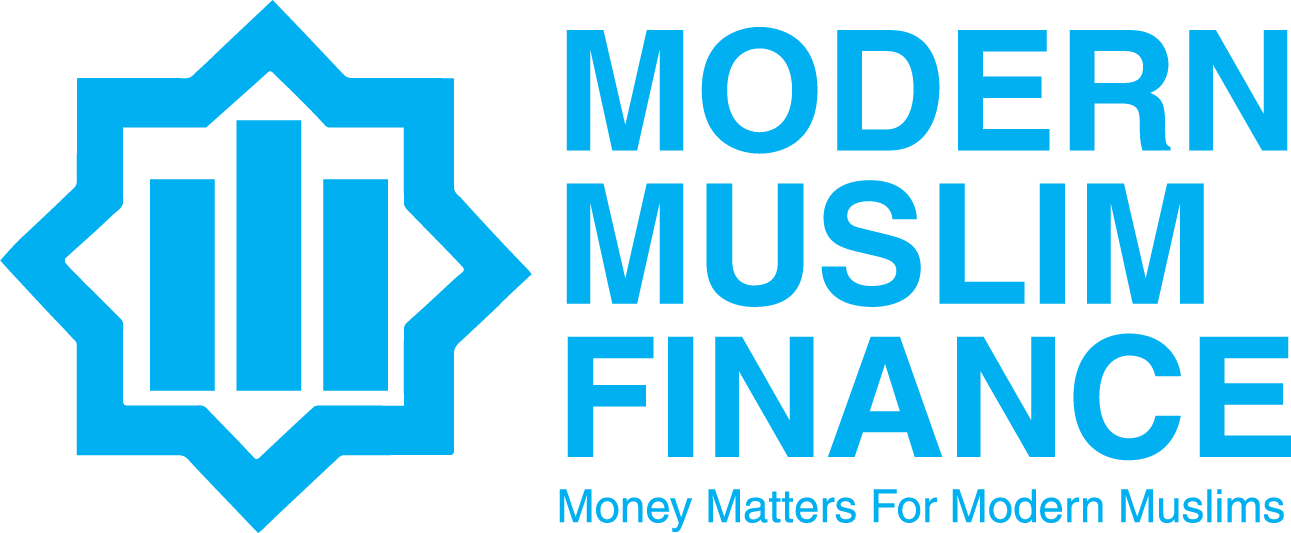Blog

Islamic Wills in Singapore: Why Every Muslim Needs a Wasiat and How to Write One Properly
For Muslims in Singapore, planning for the future is more than just a financial concern—it’s a sacred responsibility. An Islamic Will, or Wasiat, is not only a practical document but also a religious obligation that ensures your assets are distributed in line with Syariah. This guide walks you through everything you need to know about writing your Wasiat, from religious significance to legal steps, to help you protect your legacy.
What is a Wasiat and Why It’s Essential for Muslims in Singapore
A Wasiat is a legal declaration by a Muslim during their lifetime about how a portion of their estate should be distributed after death. In Islam, the Prophet Muhammad (SAW) said:
“It is not permissible for any Muslim who has something to will to stay for two nights without having his last Will and testament written and kept ready with him.” — Sahih al-Bukhari
Why a Wasiat is Important:
Fulfills a religious obligation as part of good Islamic governance.
Protects loved ones by minimizing future disputes.
Guides asset distribution beyond what is mandated by Faraid (Islamic inheritance law).
Appoints trusted individuals as executors or guardians.
Aligning Your Estate with Syariah Law in Singapore
Singapore’s Administration of Muslim Law Act (AMLA) governs how a Muslim’s estate is distributed. Creating a Wasiat ensures your estate aligns with both Syariah and Singaporean legal frameworks.
Incorporating services like Muslim estate planning Singapore and Islamic financial planning Singapore through Modern Muslim Finance helps you navigate these complex intersections confidently.
Faraid vs Wasiat: Understanding the Difference
What is Faraid?
Faraid is the Islamic law of inheritance that distributes assets to heirs based on fixed Quranic shares. Typically, heirs include parents, children, and spouses. Example: sons receive twice the share of daughters.
Role of Wasiat
While Faraid governs the majority (two-thirds) of your estate:
A Wasiat allows up to one-third to be given to non-Faraid beneficiaries, such as adopted children, non-Muslim relatives, or charities.
It allows you to appoint executors and guardians for your minor children.
Tip: Use the Faraid Calculator by the Syariah Court to simulate inheritance allocation.
Hibah: Lifetime Giving Under Islamic Law
Hibah allows you to gift assets during your lifetime:
No 1/3 limit.
Not restricted to non-Faraid heirs.
Not part of your estate upon death.
It’s useful for giving to loved ones or charities directly while alive and avoids posthumous disputes.
Other Essential Islamic Estate Planning Terms
Nuzriah: Conditional gift activated upon death.
Wakaf: Charitable endowment for long-term community benefit.
CPF Nominations: Treated similarly to Hibah under Singaporean Muslim context.
Creating a Legally Valid Wasiat in Singapore
To ensure your Wasiat is accepted:
You must be Muslim, aged 21+, and of sound mind.
Signed voluntarily in the presence of two adult Muslim male witnesses.
Witnesses must not be Faraid beneficiaries or their spouses.
Include in your Wasiat:
Full name and NRIC.
Executor and guardians (if minors involved).
List of assets (optional but helpful).
Up to 1/3 allocation for non-Faraid recipients.
Revocation clause.
Date and all required signatures.
Mistakes to Avoid When Writing a Wasiat
Allocating more than 1/3 to non-Faraid heirs.
Attempting to override Faraid entitlements.
Choosing ineligible witnesses.
Not updating your Wasiat after major life changes.
Using unclear language that leads to misinterpretation
Secure Your Legacy with a Properly Planned Wasiat
Your Wasiat is more than a legal document—it’s a statement of faith, protection, and love. Done right, it minimizes future disputes and ensures your wishes are fulfilled in accordance with Syariah.
Take the First Step to Protect Your Family and Fulfill Your Islamic Duty
At Modern Muslim Finance, our trusted Wasiat Writing Service is tailored specifically for Muslims in Singapore. We combine Syariah compliance with practical legal insight—making the process simple, clear, and deeply personal.
✅ Ready to get your Wasiat done properly?
Explore our professional service at: https://wasiat.modernmuslim.finance/
💬 Prefer to speak to us directly?
Message us now on WhatsApp: https://wa.me/6589528511
Don't wait. Start your Islamic estate planning with confidence today.
Address:
114 Lavender Street, #07-83 CT Hub 2,
Singapore 338729
Email:
[email protected]
WhatsApp:
+65 8952 8511
Website:
modernmuslim.finance








